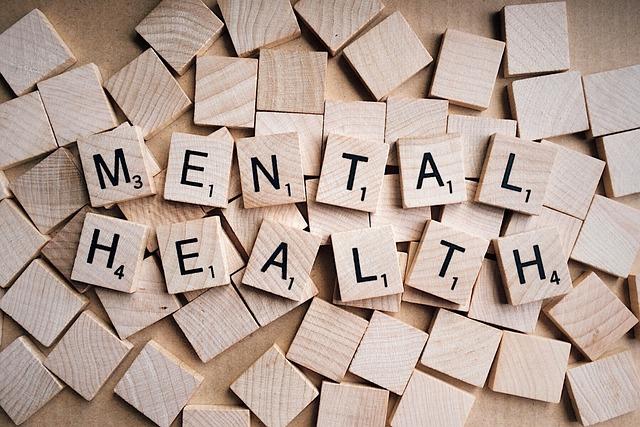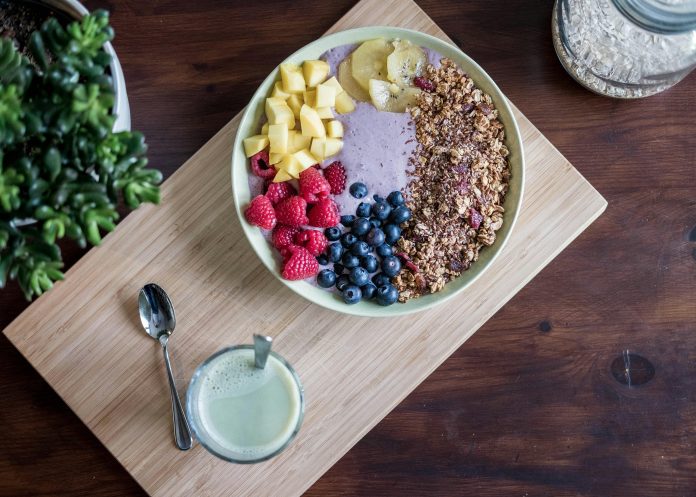In the hustle and bustle of modern life, the concept of mental well-being often finds itself relegated to the sidelines, overshadowed by daily responsibilities and relentless to-do lists. Yet, much like the roots of a sturdy tree, a resilient mental health routine forms the unseen foundation that supports our overall wellness. Imagine, for a moment, embarking on a journey where each day is a deliberate step towards nurturing your mind, fostering emotional balance, and cultivating a sanctuary of inner peace. This article will serve as your guide, offering insightful strategies and practical tips to help you create a mental health routine tailored to your unique needs—one that not only addresses immediate concerns but also fortifies your long-term well-being. Welcome to the path of sustainable mental health, where consistency meets compassion, and self-care becomes a way of life.
Understanding the Importance of Mental Health Maintenance
Maintaining mental health is crucial for overall well-being and productivity. To ensure that your mental health routine is effective and sustainable, consider incorporating a variety of practices that cater to different aspects of your mental and emotional needs. Here are some essential components to include:
- Mindfulness and Meditation: Regular practice of mindfulness and meditation can help reduce stress and improve emotional regulation.
- Physical Activity: Exercise is not just for the body; it also releases endorphins that boost your mood and energy levels.
- Healthy Diet: Eating a balanced diet rich in nutrients supports brain function and emotional stability.
- Social Connections: Building and maintaining strong relationships provides emotional support and reduces feelings of isolation.
- Sleep Hygiene: Quality sleep is essential for mental clarity and emotional resilience. Establish a regular sleep schedule and create a restful environment.
- Journaling: Writing down your thoughts and feelings can help you process emotions and track your mental health journey.
By integrating these elements into your daily life, you can create a comprehensive mental health routine that promotes long-term wellness and resilience.
Crafting a Personalized Routine for Emotional Resilience
Developing a routine tailored to bolster your emotional resilience involves a blend of self-awareness, intentional actions, and consistency. Begin by identifying your unique emotional triggers and stressors. Are there specific situations or thoughts that tend to destabilize your mood? Once you have a clearer understanding, you can start to incorporate practices that counterbalance these stressors.
Consider integrating the following elements into your daily routine:
- Mindfulness and Meditation: Dedicate a few minutes each day to mindfulness exercises or meditation. These practices can help ground you and foster a sense of calm.
- Physical Activity: Engage in regular physical activity, whether it’s a brisk walk, yoga, or a more intense workout. Physical exercise releases endorphins, which can naturally elevate your mood.
- Creative Outlets: Allocate time for creative activities such as drawing, writing, or playing an instrument. Creativity can be a powerful tool for processing emotions and relieving stress.
- Social Connections: Make an effort to connect with friends or family members regularly. Meaningful interactions can provide support and a sense of belonging.
- Self-Compassion: Practice self-compassion by being gentle with yourself during challenging times. Acknowledge your efforts and celebrate small victories.
By weaving these elements into your routine, you create a supportive framework that can enhance your emotional resilience and contribute to long-term mental wellness.

Incorporating Mindfulness and Relaxation Techniques
Mindfulness and relaxation techniques are essential components of a well-rounded mental health routine. These practices help to center the mind, reduce stress, and enhance overall well-being. Incorporating mindfulness into your daily life can be as simple as dedicating a few minutes each day to focus on your breath, observe your thoughts without judgment, or engage in a guided meditation session. You can find numerous resources online, such as apps or YouTube channels, offering a variety of guided meditations to suit your preferences and schedule.
In addition to mindfulness, relaxation techniques can play a significant role in maintaining mental health. Consider integrating the following practices into your routine:
- Deep Breathing Exercises: These can be done anywhere and help to quickly reduce tension and anxiety.
- Progressive Muscle Relaxation: This involves tensing and then slowly relaxing each muscle group in your body, promoting physical and mental relaxation.
- Visualization: Imagine a peaceful scene or place, allowing your mind to escape from the stresses of daily life.
- Yoga: Combining physical movement with mindful breathing, yoga can enhance both physical and mental flexibility.

Building a Support Network for Ongoing Wellness
Establishing a reliable support network is a cornerstone of sustaining mental well-being. This network can consist of various elements, each contributing uniquely to your overall health. Here are some key components to consider:
- Friends and Family: Surround yourself with people who uplift you and provide emotional support. Regular check-ins and open conversations can fortify these relationships.
- Professional Help: Engaging with therapists, counselors, or support groups can offer specialized guidance and coping strategies tailored to your needs.
- Community Resources: Utilize local wellness programs, workshops, and online forums to connect with others who share similar experiences.
- Self-Care Practices: Incorporate activities that promote mental relaxation and emotional balance, such as meditation, exercise, and hobbies you love.
By weaving these elements into your routine, you create a multi-faceted support system that bolsters your long-term mental health.





